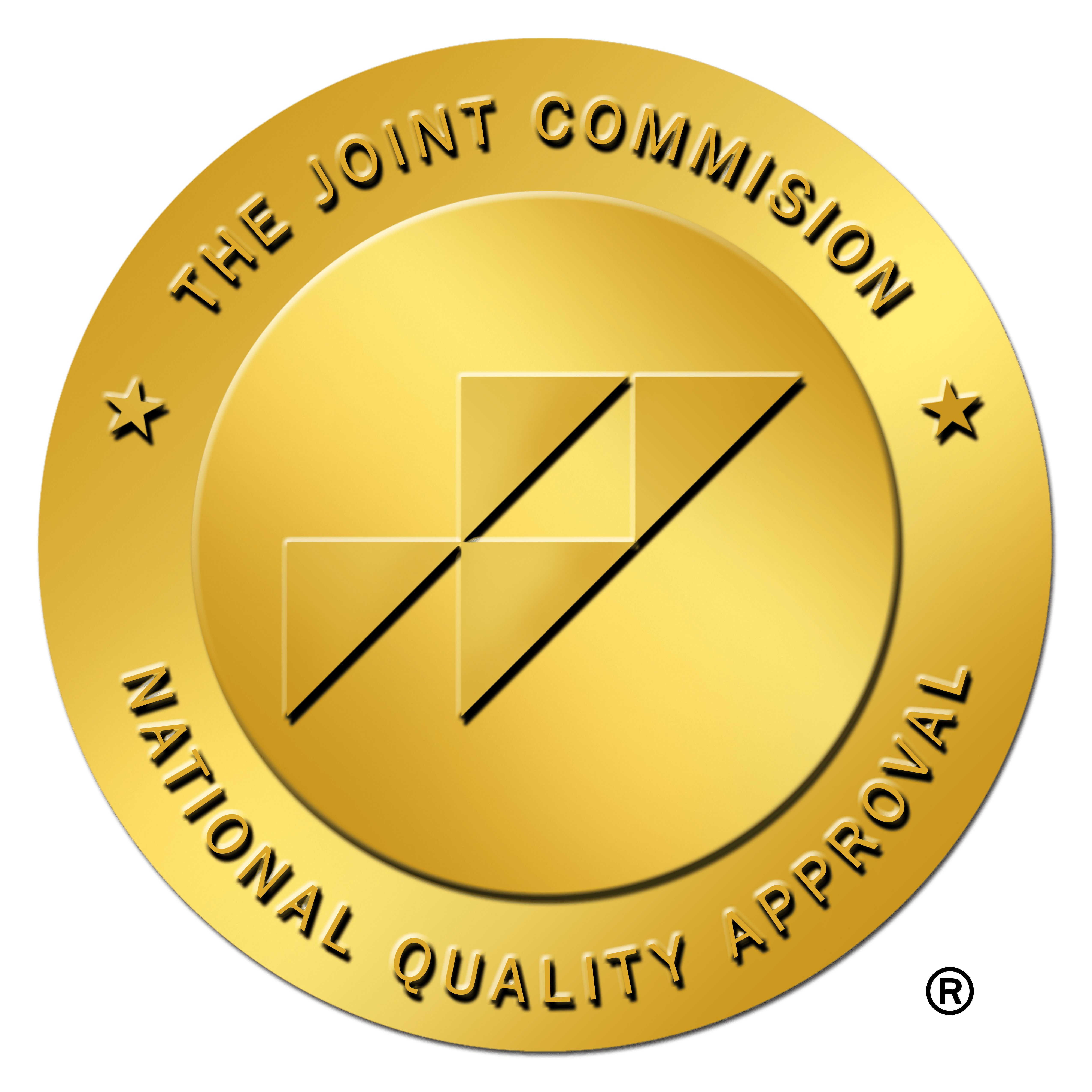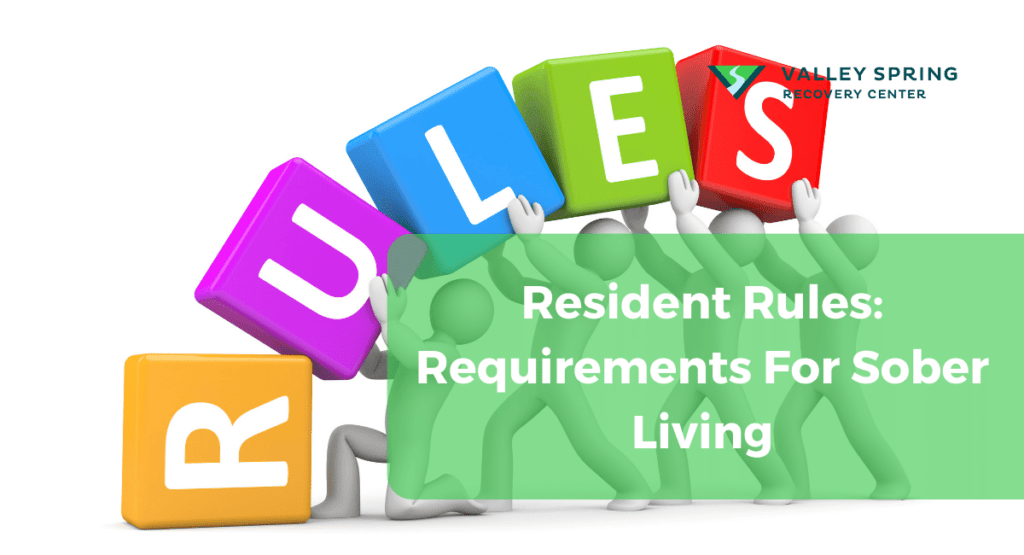
Overcoming MDMA addiction is a formidable challenge that can profoundly transform an individual’s life. This battle not only introduces stress in social environments but also adversely affects one’s physical, mental, and emotional health.
As per the National Survey on Drug Use and Health, 0.8% of the population who are 12 years of age or older, or around 2.2 million people, reported using MDMA in 2021. Furthermore, although the use of MDMA is less everyday than that of other narcotics like cocaine or marijuana, it nevertheless poses a severe risk to individuals and their communities.
Valley Spring Recovery Center in New Jersey offers comprehensive MDMA rehab and treatment programs for anyone struggling with addiction. Our group of knowledgeable professionals is committed to providing personalized care and assistance.
What Is MDMA Addiction?
MDMA addiction occurs when an individual becomes dependent on the drug and experiences adverse consequences as a result of their use. These can include physical health problems, financial struggles, legal issues, and strained relationships.
The National Institute on Drug Abuse describes MDMA as a drug that produces both stimulant and empathogenic effects. It can increase energy, arousal, and feelings of pleasure, distort sensory perceptions, and heighten emotional empathy.

Our Approach To MDMA Treatment In New Jersey
Our approach puts the safety and well-being of our patients first while treating MDMA. Here’s a breakdown of the different elements of our strategy for MDMA treatment in New Jersey:
- Medication-assisted treatment: Medication plays a crucial role in our approach to MDMA treatment. We use FDA-approved medicines to help manage symptoms of withdrawal and cravings, allowing our patients to stay on the path toward recovery.
- Family integration: Family members are vital to a patient’s recovery. Therefore, we believe in involving family members in the treatment process to support and promote healing within the family unit.
- Trauma-informed care: Many individuals struggling with MDMA addiction have trauma as an underlying cause. We provide trauma-informed care to address any past traumas and help our patients heal from them.
- Cognitive-behavioral therapy (CBT): The goal of this treatment is to recognize and alter the harmful thought patterns and behaviors that contribute to addiction.
- Counseling at night: Everyone’s schedule differs, so we also offer counseling sessions. This allows our patients to receive the support they need without disrupting their daily routines.
- Life skills counseling: As part of our holistic approach to MDMA treatment, we provide life skills counseling to help our patients develop essential skills for a successful and sober life after treatment.
- EMDR: This is a specialized therapy that helps individuals process traumatic memories. We offer EMDR as part of our trauma-informed care approach to treating MDMA addiction.
The Valley Spring provides comprehensive and individualized treatment plans for each patient. Our approach to MDMA treatment is evidence-based and continuously evolving as we stay up-to-date with the latest research and developments in the field of addiction treatment. We don’t have a detox program, but we always connect our patients with other facilities that offer these programs.
The Valley Spring Treatment Center in New Jersey provides compassionate care, evidence-based treatments, and a supportive environment for individuals seeking benzodiazepine rehab and therapy. While we do not have a detox program, we partner with other facilities to ensure our patients get these services.
What Are The Signs Treatment Is Needed For MDMA, Molly and Other Club Drugs?
MDMA addiction, often overlooked in its initial stages, can escalate into a life-altering issue if not addressed promptly. Recognizing the early signs is crucial for seeking timely intervention and support. Here are some indicators that suggest a need for rehabilitation:
- Increased Tolerance: You may notice that you need to consume larger doses of MDMA to experience the same euphoric effects, indicating an increased tolerance to the drug.
- Withdrawal Symptoms: Experiencing uncomfortable physical or psychological symptoms when not using MDMA, such as fatigue, depression, or anxiety, can be a sign of withdrawal and dependency.
- Preoccupation with MDMA: If you find yourself constantly thinking about the next opportunity to use MDMA, or if obtaining and using the drug takes precedence over other activities, it’s a clear sign of growing addiction.
- Neglecting Responsibilities: Failing to meet work, school, or family obligations due to MDMA use or recovery from its effects indicates that the drug is taking a significant toll on your daily life.
- Social and Recreational Sacrifices: Choosing MDMA use over social outings, hobbies, or activities that you once enjoyed can signal an unhealthy shift in priorities.
- Continued Use Despite Negative Consequences: Persisting in using MDMA even after experiencing adverse effects on your health, relationships, or financial status highlights a compulsive need that requires professional help.
- Risky Behavior: Engaging in dangerous activities while under the influence of MDMA, such as driving, or mixing it with other substances, points to a disregard for personal safety fueled by addiction.
If you recognize these early signs in yourself or someone close to you, it’s important to consider seeking help from a rehabilitation program specialized in MDMA addiction. Early intervention can significantly improve the effectiveness of treatment and recovery outcomes.
Our Other Specialty Treatment Programs In NJ
At Valley Spring, we offer a wide range of treatment programs for addiction, designed to meet the needs of diverse groups, including the LGBTQ community, and tailored to address dependencies on specific substances like cocaine and fentanyl. Our core belief is in the individuality of each person’s path through addiction, acknowledging the various phases and stages they may encounter. This belief is why we emphasize customized treatment plans. We invite you to discover the treatment program that best matches your recovery needs.
Frequently Asked Questions
How can I help someone with MDMA addiction?
If you know someone struggling with MDMA addiction, encourage them to seek professional help. Offer your support and understanding without enabling their addictive behavior. You can also help them find resources such as treatment centers or support groups.
How Do I Get Started with the Program?
Getting started is simple. Contact us via phone or through our website for a confidential consultation. Our team will guide you through the process of enrollment and answer any questions you might have.
What Aftercare Support is Available Post-Treatment?
Our aftercare support includes ongoing counseling, support groups, and relapse prevention strategies. We stay connected with our clients post-treatment to ensure they have the resources and support needed for sustained recovery.
Can Family Members Be Involved in the Treatment Process?
Yes, we encourage family involvement. Family therapy sessions and visitations can be arranged as part of the treatment plan, as family support is crucial in the recovery journey.
Can MDMA addiction be prevented?
Education on the dangers of drug use, the encouragement of good coping strategies, and the creation of a supportive environment can all help lower the chance of MDMA addiction, even if there is no foolproof way to stop it.
Can MDMA addiction be treated?
Addiction to MDMA is treatable, indeed. In order to manage withdrawal symptoms and address underlying issues contributing to addiction, treatment frequently consists of a combination of therapy, counseling, support groups, and occasionally medication.
How Long Does the Detox and Rehabilitation Process Last?
The duration of MDMA detox and rehabilitation varies depending on individual needs. Detox occurs off-site at one of our partner detoxes and typically lasts from a few days to a week, while the length of the rehabilitation program can range from 30 days to several months. We’ll work with you to determine the most effective timeline for your recovery.
How is treatment for MDMA abuse different from A Heroin Recovery Program?
Get Help For Molly Abuse In Bergen County NJ
Valley Spring Recovery Center has accreditations from JCAHO and CARF certifying us as a premier provider of substance use disorder treatment.

100+ Reviews
Learn more about rehab for MDMA Abuse at the Valley Spring Recovery Center in New Jersey
Admitting the need for detox or rehab is a brave first step, and at Valley Spring Recovery Center, you’re not alone. Our compassionate and skilled team is ready to support you through every step of your recovery journey. We understand the challenges of confronting alcohol addiction, and we’re here to help you build a foundation for a healthier, sober future. Contact us today if you want to discuss your situation through a confidential call with our admissions counselors.




